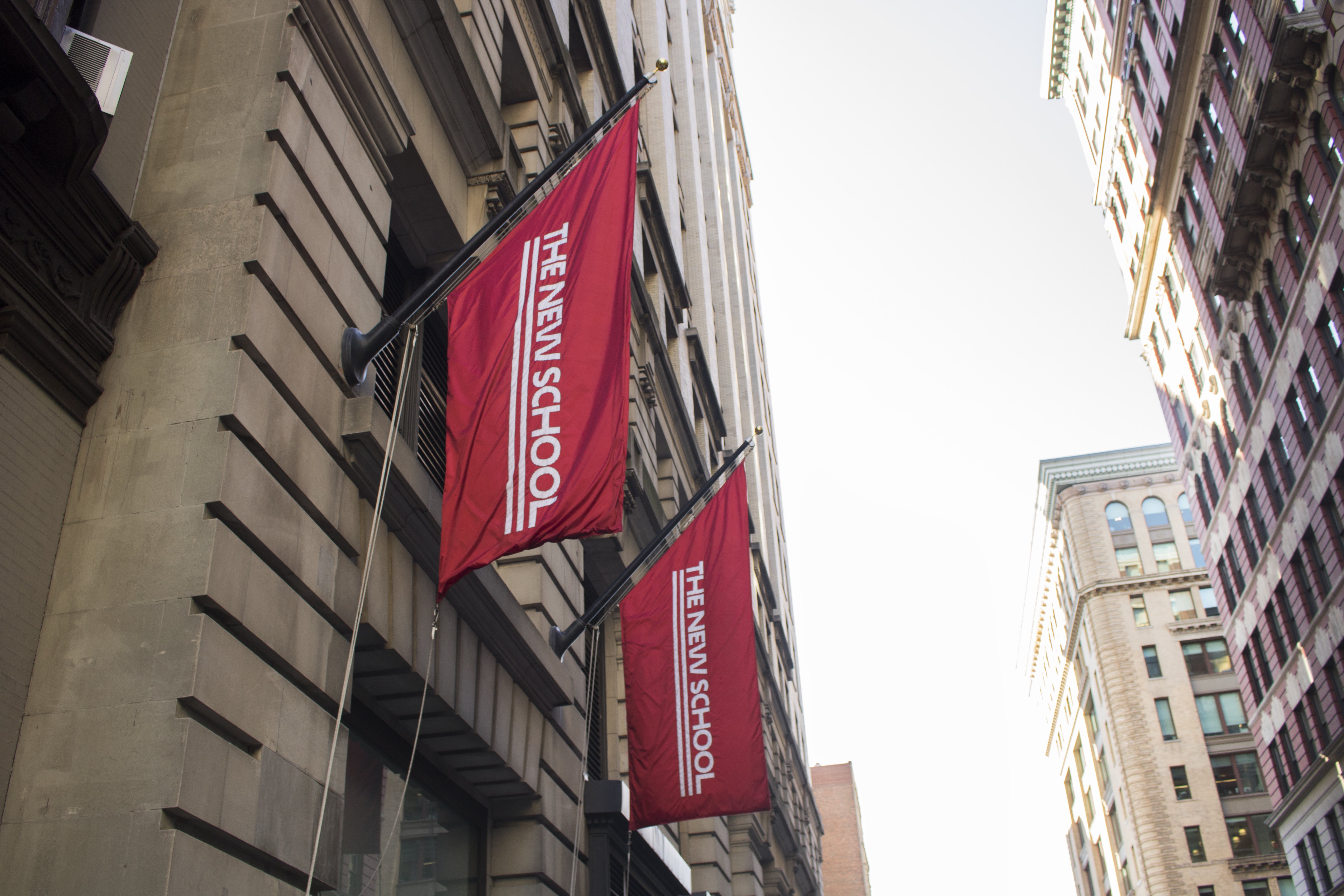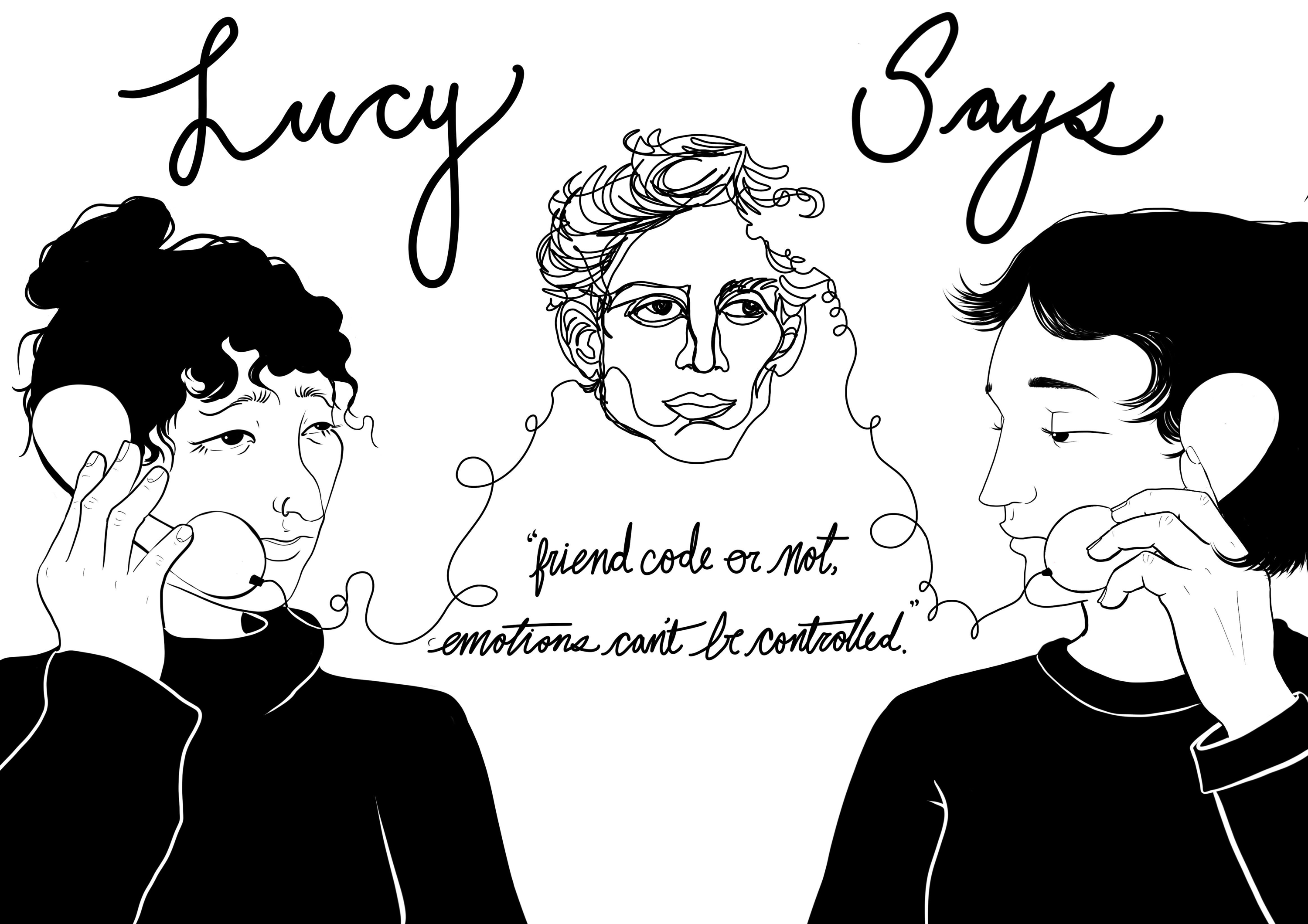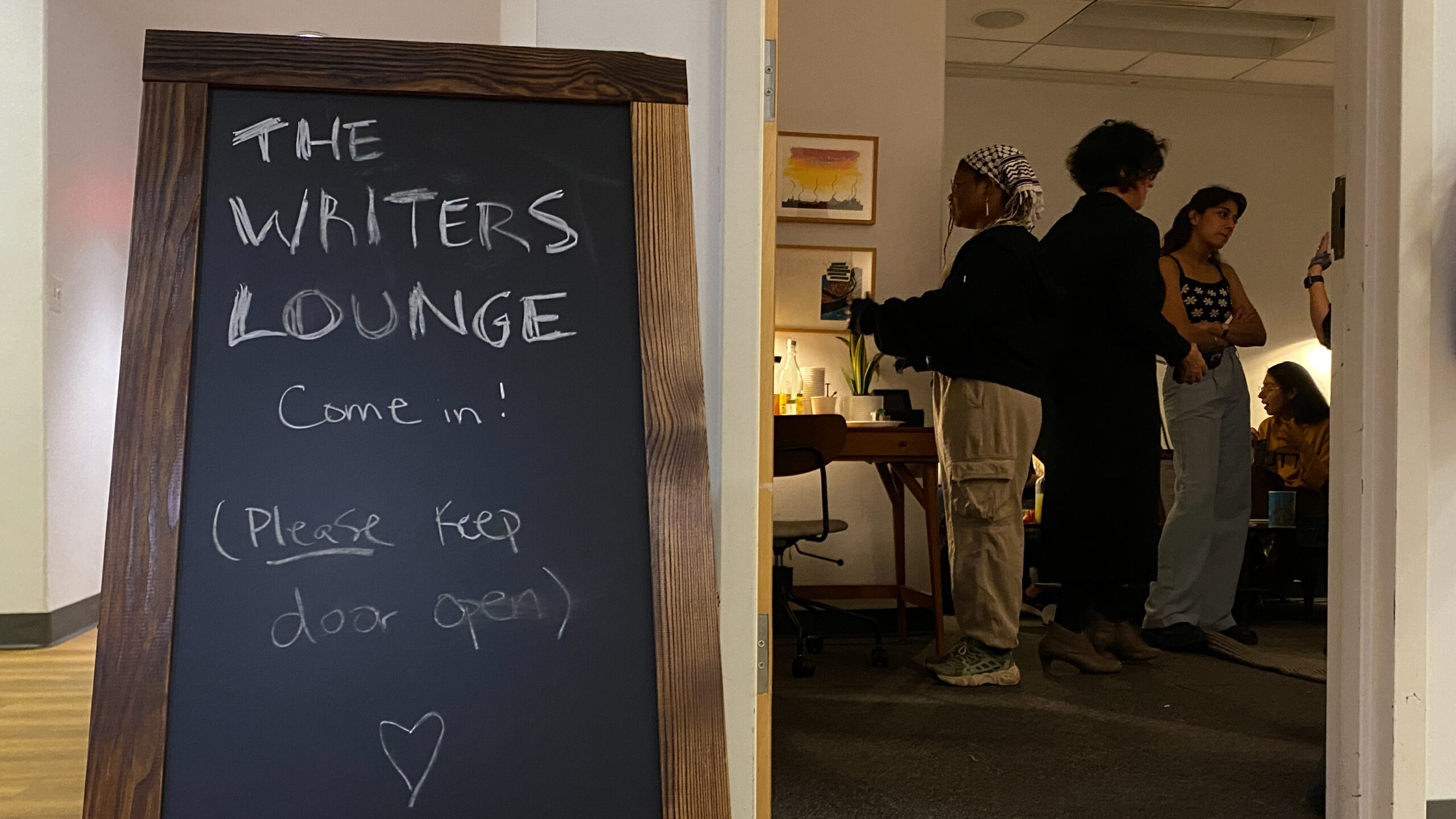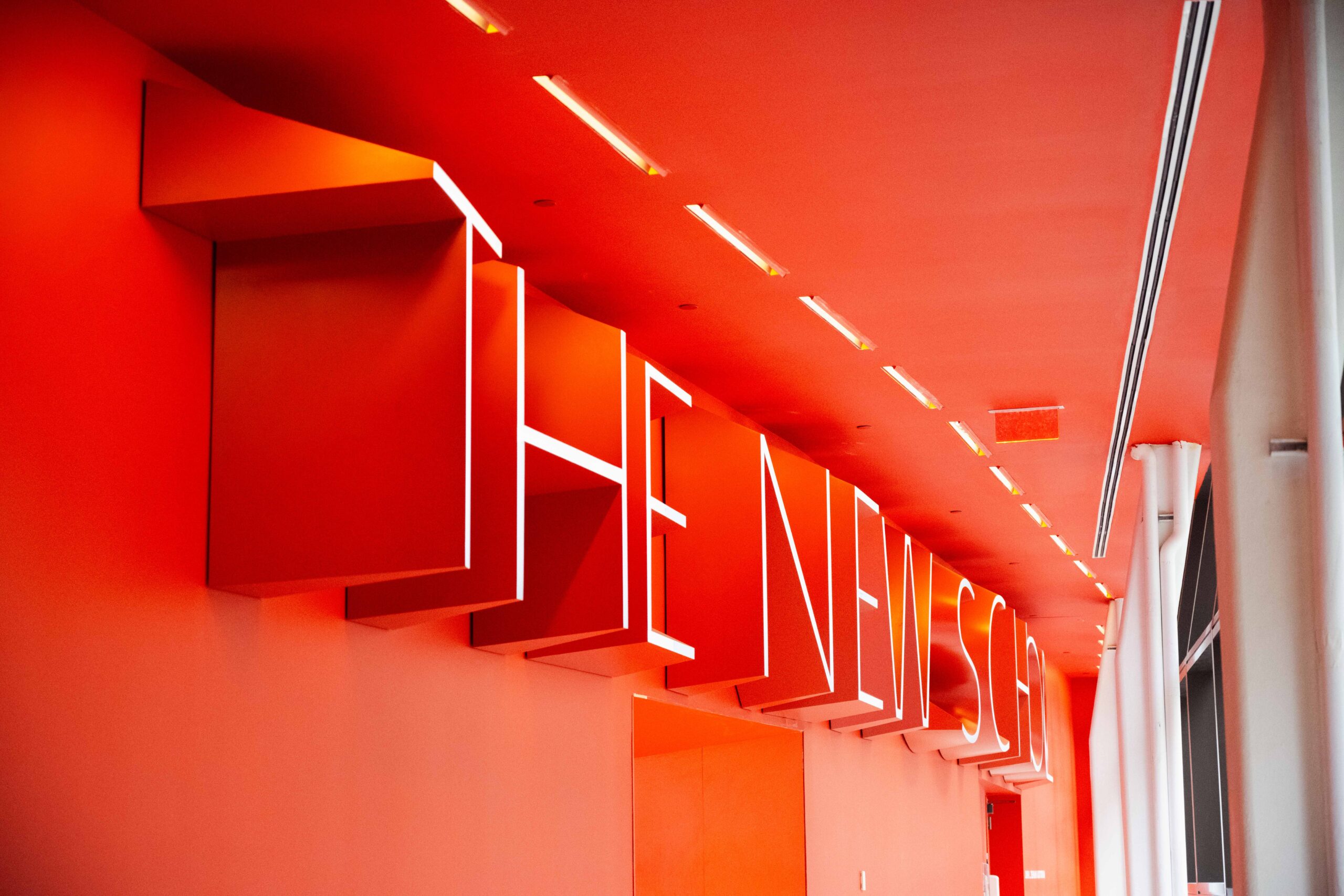An earlier version of this article incorrectly identified Arya Vaghayenegar as an NSSR sociology Ph.D candidate. Vaghayenegar is actually a second-year NSSR sociology master’s student. An earlier version of this article did not clarify the number of “credible” accusations against Arato. Four of the 20 accusations were deemed credible in the investigation conducted by Rhonnie Jaus.
Andrew Arato, a professor in the New School for Social Research sociology department, was restricted from fully accessing the university campus and interacting with colleagues and students following several accusations of bullying behavior.
The punishment — described as “unusual” by the Chronicle of Higher Education, “an attack on faculty self-governance” by colleagues, “disproportionate” by students, and “humiliating” by Arato himself — has unleashed debate between NSSR faculty and students and scholars outside of The New School.
Twenty accusations against Arato concerning his alleged “boorish,” “noncollegial,” “disruptive and hostile” behavior towards faculty members were evaluated in an April 2018 investigation by Rhonnie Jaus, the vice president of Equal Employment Opportunity, Affirmative Action, and Compliance who in charge of the university’s Title IX policies, with four deemed most credible, according to the Chronicle.
Arato has been accused of insulting and disrespectful conduct in meetings, harassment of a colleague on the street, and an intervention into a separate Title IX case against a peer. Arato has denied the charges, which he described as “petty” to the Chronicle.
The internal investigation into the allegations lasted four months, and the claims do not involve any kind of sexual misconduct, according to emails sent to NSSR students and faculty by Katherine Jackson, Arato’s lawyer, that were seen by the Free Press.
Throughout this fall semester, Arato is barred from entering university property unless he is teaching. He cannot interact with faculty, administrators, or students in person or online — outside of his teaching obligations, according to a copy of a letter sent to NSSR sociology students by Jackson that was also viewed by the New School Free Press.
The agreement also “requires him [Arato] to participate in an anger-management program,” according to the Chronicle.
The letter posted by Leiter states that Arato is prohibited from taking on any new students. Arato currently advises sociology master’s and Ph.D students. In addition, Arato “may not attend any faculty meetings or any events attended by faculty and held on TNS premises, including public lectures, workshops, and conferences,” according to the letter.
Four New School faculty members are quoted in the Chronicle discussing the professor’s behavior. NSSR philosophy and politics professor Nancy Fraser told the Chronicle that Arato is “‘brilliant’ and ‘very articulate’ but added that she ‘wouldn’t defend all of his behavior.’”
Arato told the Chronicle that “not one student has complained about” him.
Bahareh Ebne Alian, an NSSR sociology Ph.D candidate, and Arya Vaghayenegar, a second-year master’s student, both of whom are advisees of Arato’s, told the New School Free Press they have seen him and other faculty members become angry in meetings. They said they do not support such behavior, but have never seen Arato act this way toward any students.
Both students said that in faculty meetings they have attended where Arato was present, the professor advocated for issues associated with students.
Ebne Alian said Arato’s behavior “comes from care for students, not out of antipathy.” Vaghayenegar said the professor is “incredibly supportive and a great teacher.” They said that the sanctions are harmful and unfair to students.
Ebne Alian said she has been advised by Arato for nine years; Vaghayenegar said he has been advised by Arato for two years. Both students said they applied to The New School to work with Arato.
“The thing in my experience is that, yes, Andrew’s explosive. When something happens, he expresses his opinion with force and at times he gets insensitive, and I can understand if it can hurt people’s feelings,” Ebne Alian said. She said she had witnessed other faculty members engage in what she sees as worse behavior.
Arato is teaching four classes this semester, according to the current course catalog.
Ebne Alian criticized the investigation and subsequent sanctions as being secretive. “The whole process, not just the result, should have been inclusive and transparent,” she said.
The controversy concerning Arato has affected morale within NSSR. Emmanuel Guerisoli, a sociology Ph.D candidate and one of Arato’s advisees, told the Chronicle that Arato potentially being under Title IX investigation prompted some people to think the professor had been accused of sexual misconduct, which is not the case.
Arato was notified by email on Aug. 24 by deputy provost Bryna Sanger that he was “found responsible for ‘noncollegial, inappropriate and bullying behavior’ toward his colleagues” and accepted an agreement “to avoid a drawn-out process that could end with suspension or even dismissal,” as described by the Chronicle.
“‘Non-collegial’ behavior is very subjective,” Vaghayenegar said.
According to the Chronicle, a dozen colleagues “objected to the agreement he signed, which they contend was made under duress” in a letter to faculty sent last month. On Sept. 11, more than 100 NSSR students and 24 faculty members anonymously published a public letter in support of Arato, saying they are “disturbed by the secretive and discretionary manner in which these sanctions were decided” and demanding their removal.
Over 100 New School professors and staff members are currently copied in an ongoing group email thread discussing Arato and his situation, according to multiple documents seen by the Free Press.
Leitner, a philosophy professor at the University of Chicago, wrote about the situation on his blog, and people expressed their critical reactions to the sanctions on Twitter.
What is collegiality? Can academics be punished for incollegiality?
It’s a major question in this case involving disciplining Andrew Arato of the New School, a scholar I’ve met a few times and whose temper is widely known. https://t.co/LvNOSpTQo3
— Kevin Elliott (@DissentientOne) October 12, 2018
Andrew Arato is sanctioned for “bullying” and for being “non-collegial.”
This is ridiculous. https://t.co/RZ31jp4N1d— Aurélia Bardon (@aurelia_bardon) October 12, 2018
Andrew Arato banned from the New School campus for “bullying.”
Many reactions to this, not all pointing in the same direction, but the involuntary first one is “if that’s the standard now, I have a list of people…”https://t.co/K9bGE8jqDx
— Jacob T. Levy (@jtlevy) October 12, 2018
“The New School is proud to be a place of impassioned debate, sophisticated academic inquiry and diverse, sometimes difficult discussions. While we can’t comment on confidential personnel matters, regardless of the instance or the issue, the university does not tolerate unprofessional conduct, including demeaning, intimidating or disrespectful behavior that unreasonably interferes with the ability of a member of the university community to participate in educational or employment activities,” Amy Malsin, The New School’s senior communications director, wrote in a statement the Free Press, declining to provide further comments. This statement was also given to the Chronicle.
The behavior of some NSSR professors has recently come under scrutiny. Emanuele Castano, the former psychology department co-chair who resigned from The New School last year, was accused in Dec. 2017 of sexual misconduct by a student with whom he allegedly had a long-term inappropriate relationship. David Plotke, a politics professor, faced student condemnation but was not penalized over an exercise in an undergraduate class that singled out students’ race and ethnicities in May.







